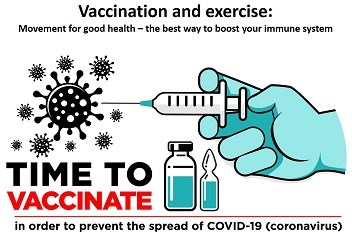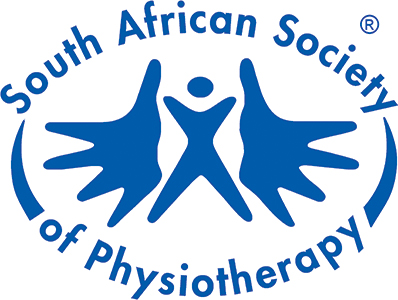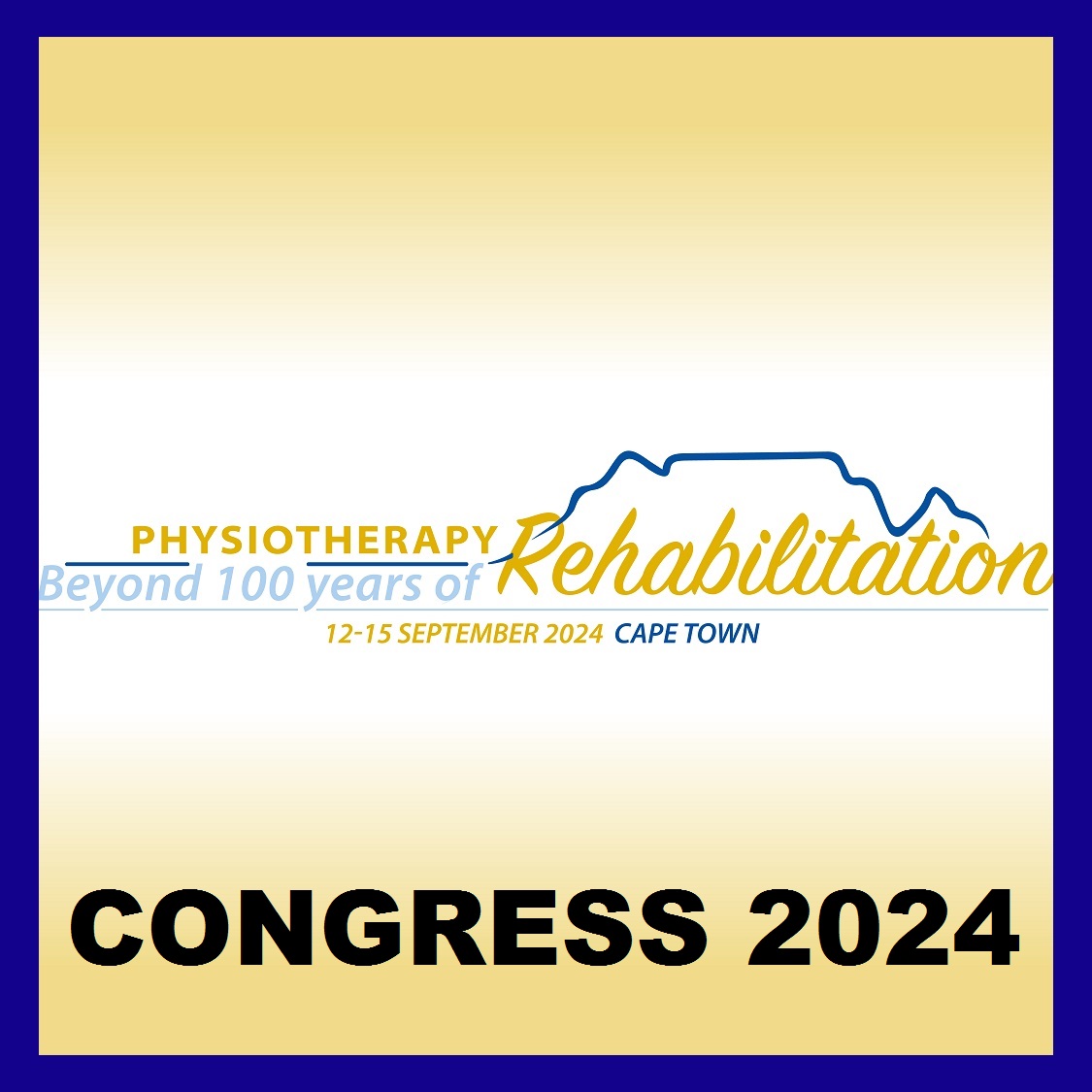
Movement for Good Health – your weapon against disease!
Resolve to get moving this May, the South African Society of Physiotherapy (SASP) urges South Africans
“Fighting fit” – what does that phrase mean to you? To physiotherapists, it means fit to fight disease!
Not just diseases like COVID-19, which has preoccupied us for the last 14 months or so. Physical fitness is a powerful weapon against non-communicable diseases (NCD) too, from high blood pressure and heart disease to diabetes.
Recently, the World Health Organisation (Africa region), reminded us that people with non-communicable diseases have a higher risk of severe COVID-19. And, the WHO pointed out, these factors raise your risk of NCDs:
Tobacco use
Alcohol abuse
Air pollution
Unhealthy diet
Physical inactivity.
“As I run my eye down this list, it’s interesting to realise that physical activity is a massively effective way of reducing the impact of many risk factors,” says Rogier van Bever Donker, president of the SASP.
For example, as the US National Cancer Institute’s website, smokefree.gov, notes, exercise helps you to give up smoking: “Studies show that even short periods of physical activity, especially aerobic exercise, reduce the urge to smoke. Aerobic exercise is physical activity that makes you sweat, causes you to breathe harder, and gets your heart beating faster. It strengthens your heart and lungs.”
There’s also some evidence that exercise can help in managing alcohol abuse. And regular exercise can go some way to fight the impact of an unhealthy diet: “There is now ample evidence that physical activity will decrease the incidence of cardiovascular disease, colon and breast cancer and obesity, but also diseases such as Alzheimer’s, depression and anxiety.”
But here’s some fascinating news: exercise can even help to maintain the health of people subjected to air pollution!
Research published in the journal Circulation last year showed that physical activity fended off high blood pressure in people living with air pollution.
“These findings really matter to South Africans – our coal belt’s air pollution drifts across the most densely populated areas of Gauteng, and air quality is worrying in other parts too,” says van Bever Donker. “It’s really good news that engaging in regular exercise can reduce the health impact of poor air quality.”
Movement for Good Health is the theme for the month of May every year, an initiative aimed at promoting regular physical activity.
“We aim to encourage South Africans to safeguard and boost their health with regular physical activity,” says van Bever Donker. “This doesn’t necessarily mean buying expensive gym contracts or cycling gear; as long as you get a little out of breath, maybe even break a sweat, you can count activities like mopping the kitchen floor, painting a wall, playing soccer with your children or digging the veggie patch as Movement for Good Health. Just get on your feet, put away the phone, and do something that puts a little demand on your muscles, and you will be helping your body get fighting fit!”
If you have any concerns about engaging in physical activity, such as pain or previous injury, consult your physiotherapist for advice.
To find a physiotherapist, go to www.saphysio.co.za.
Back






